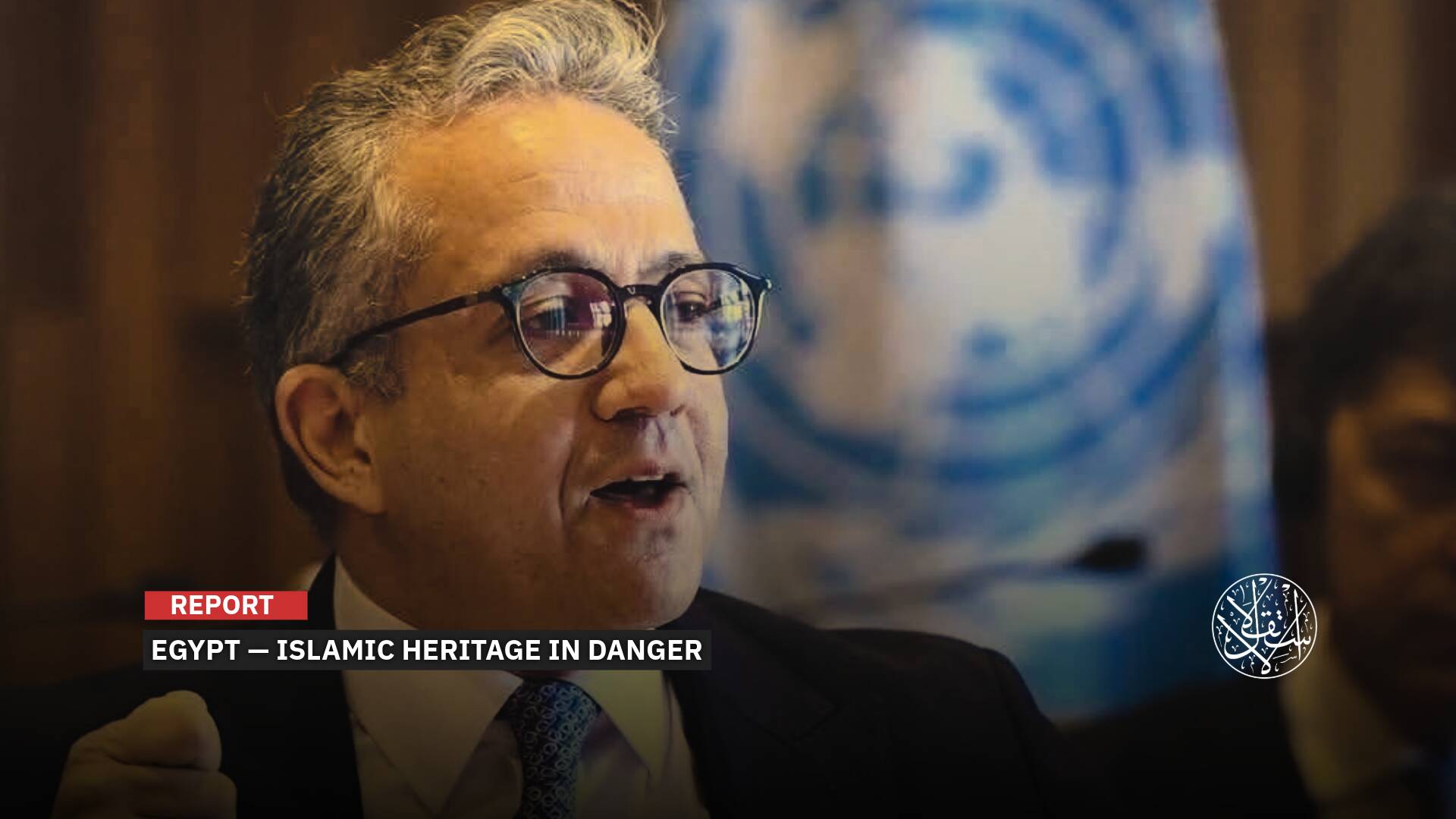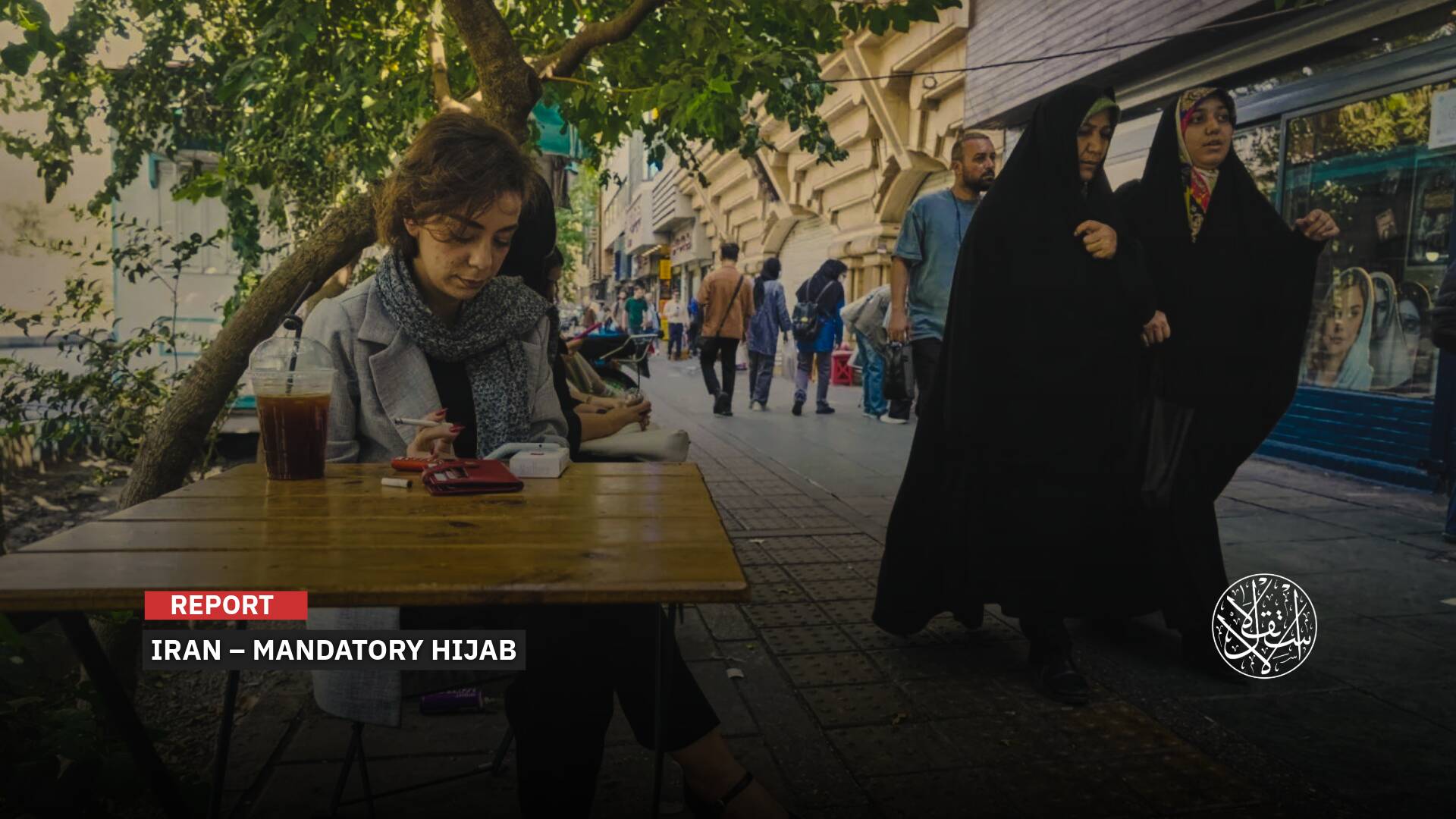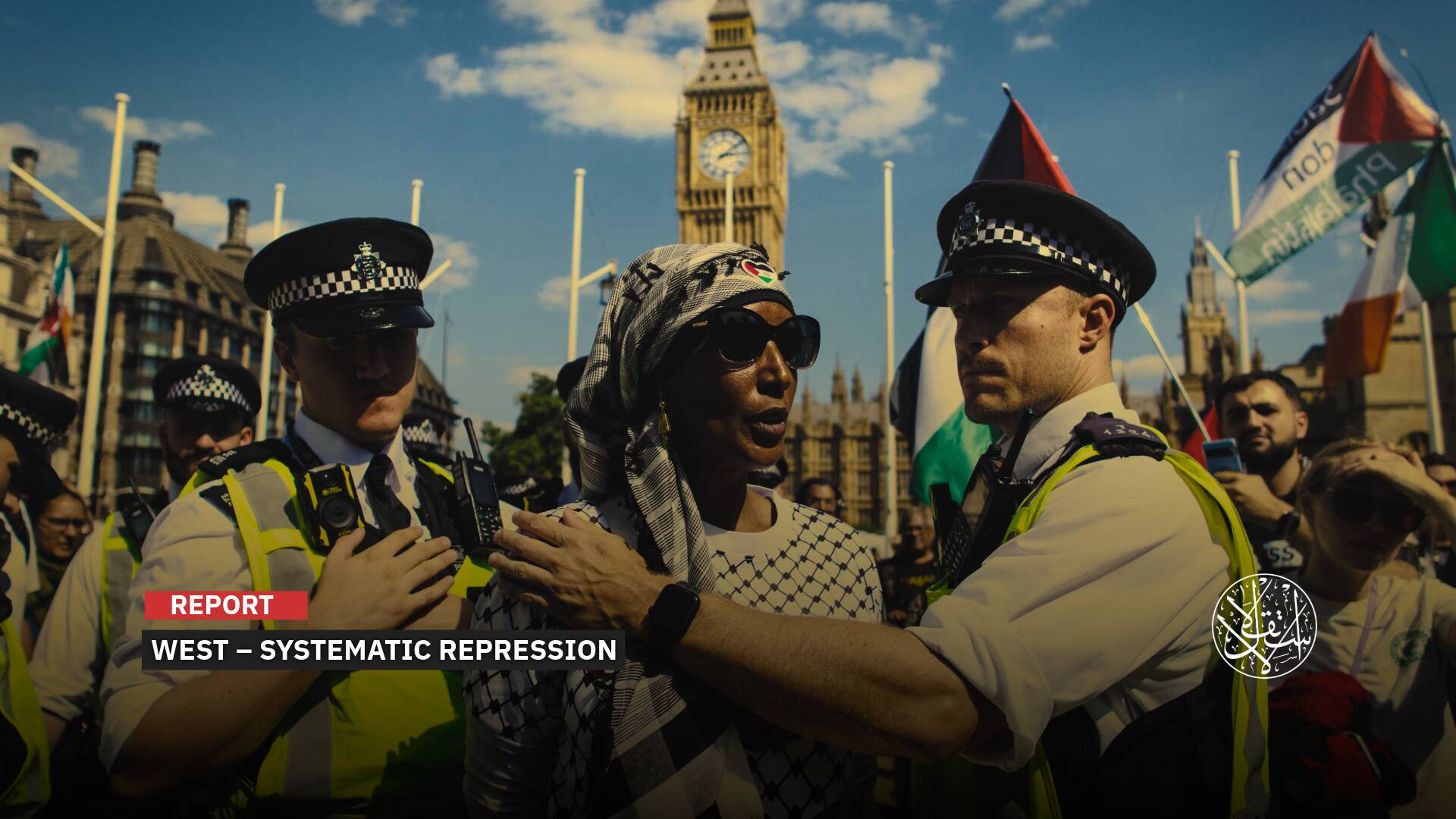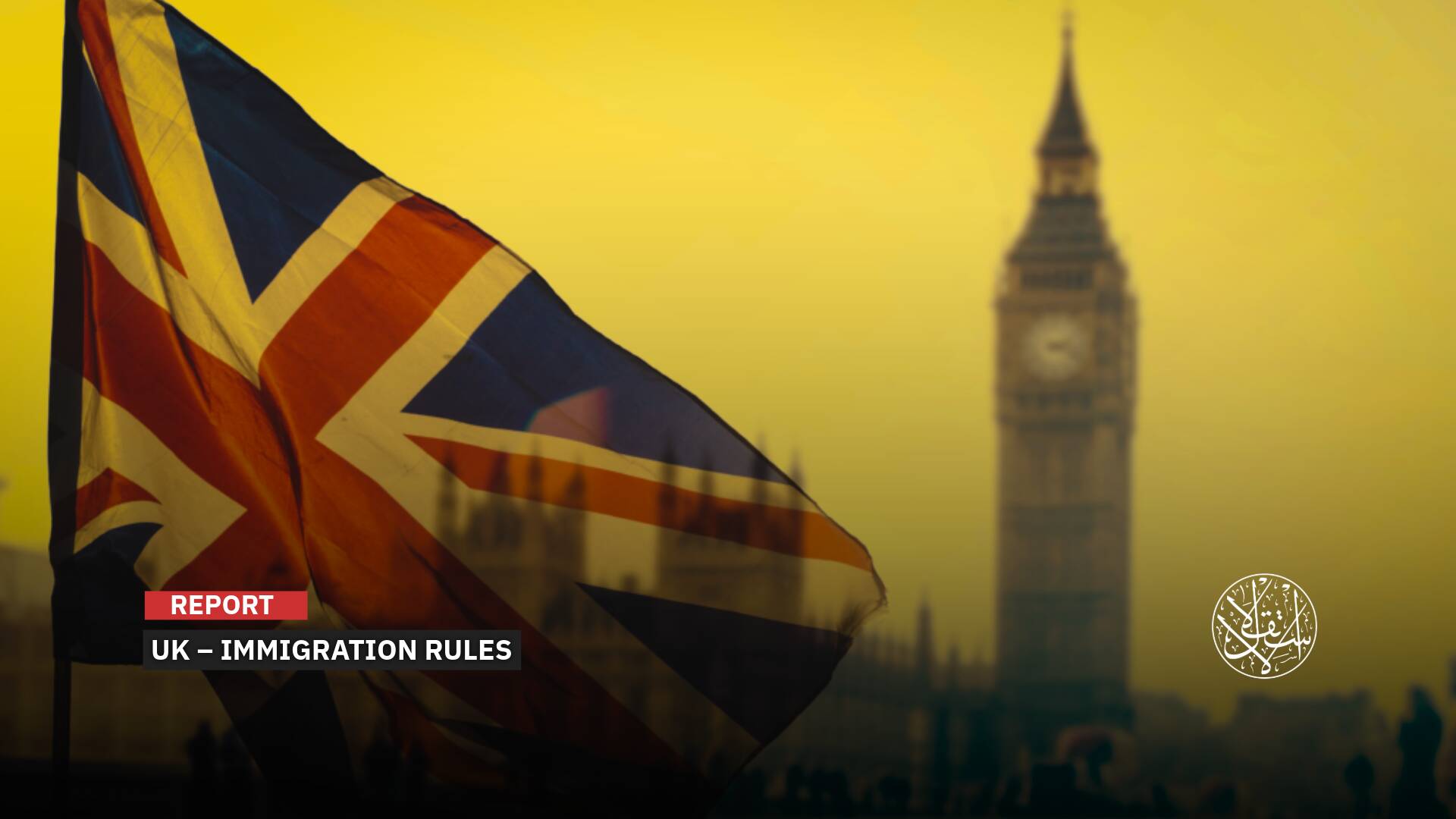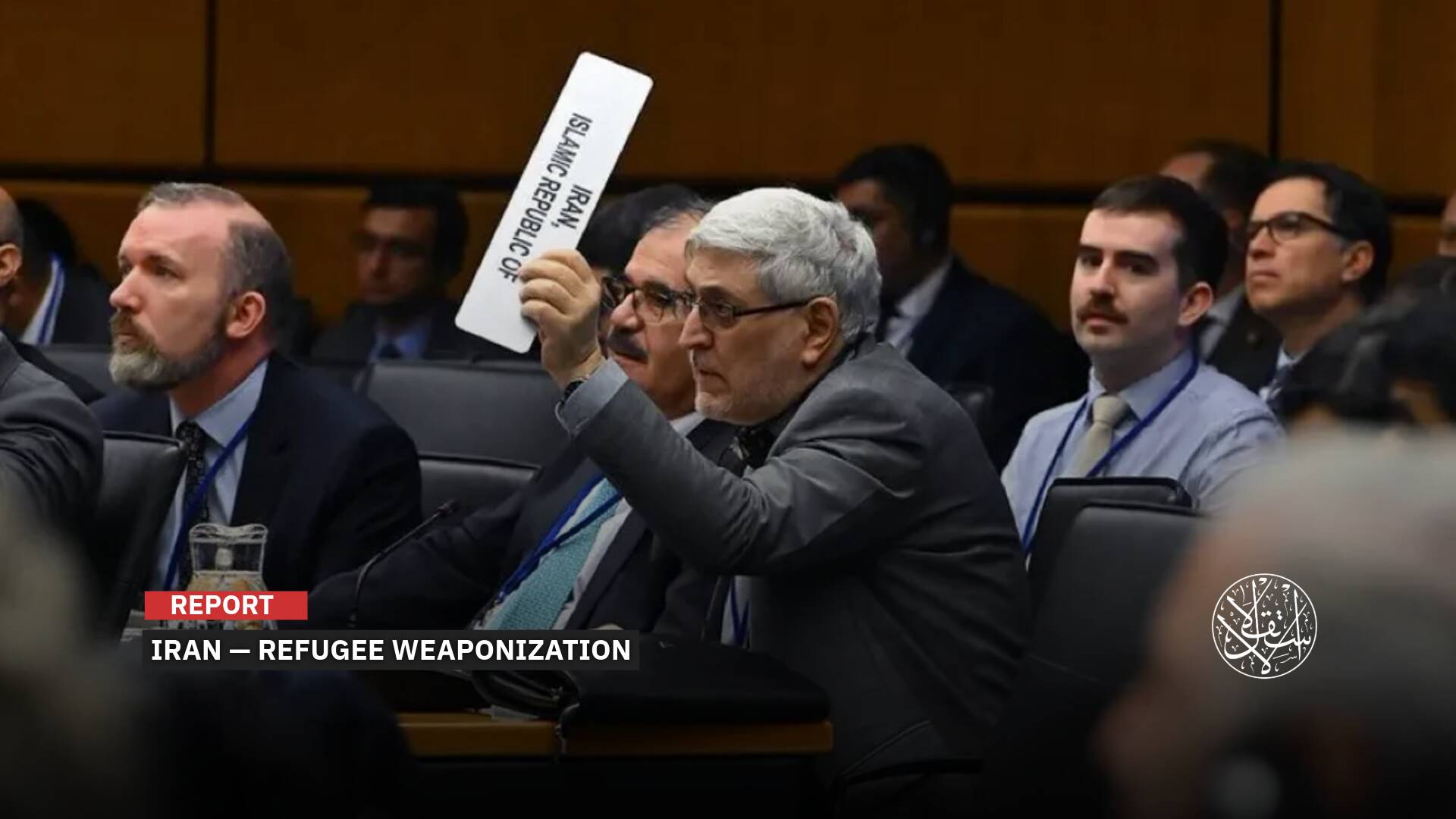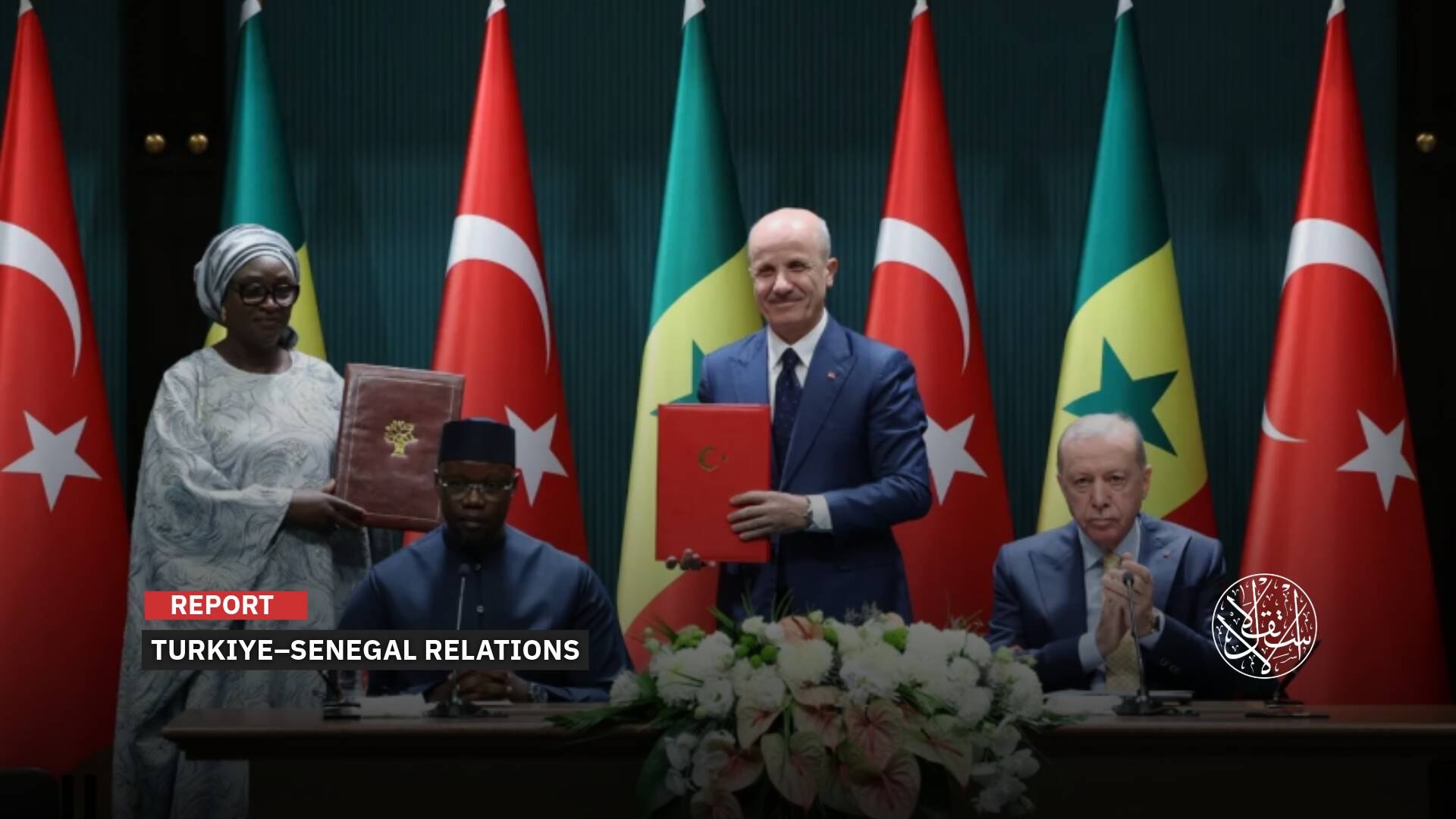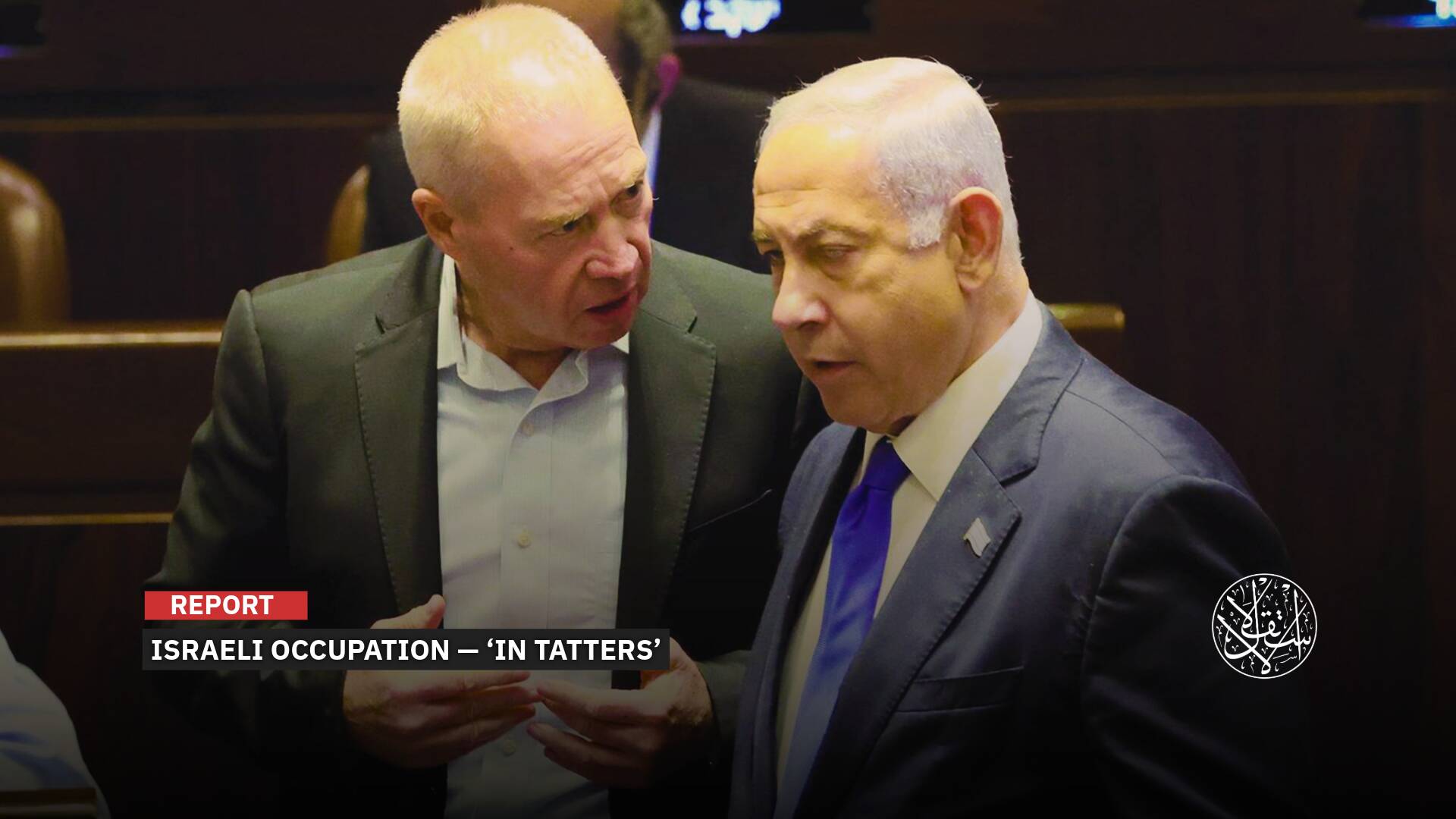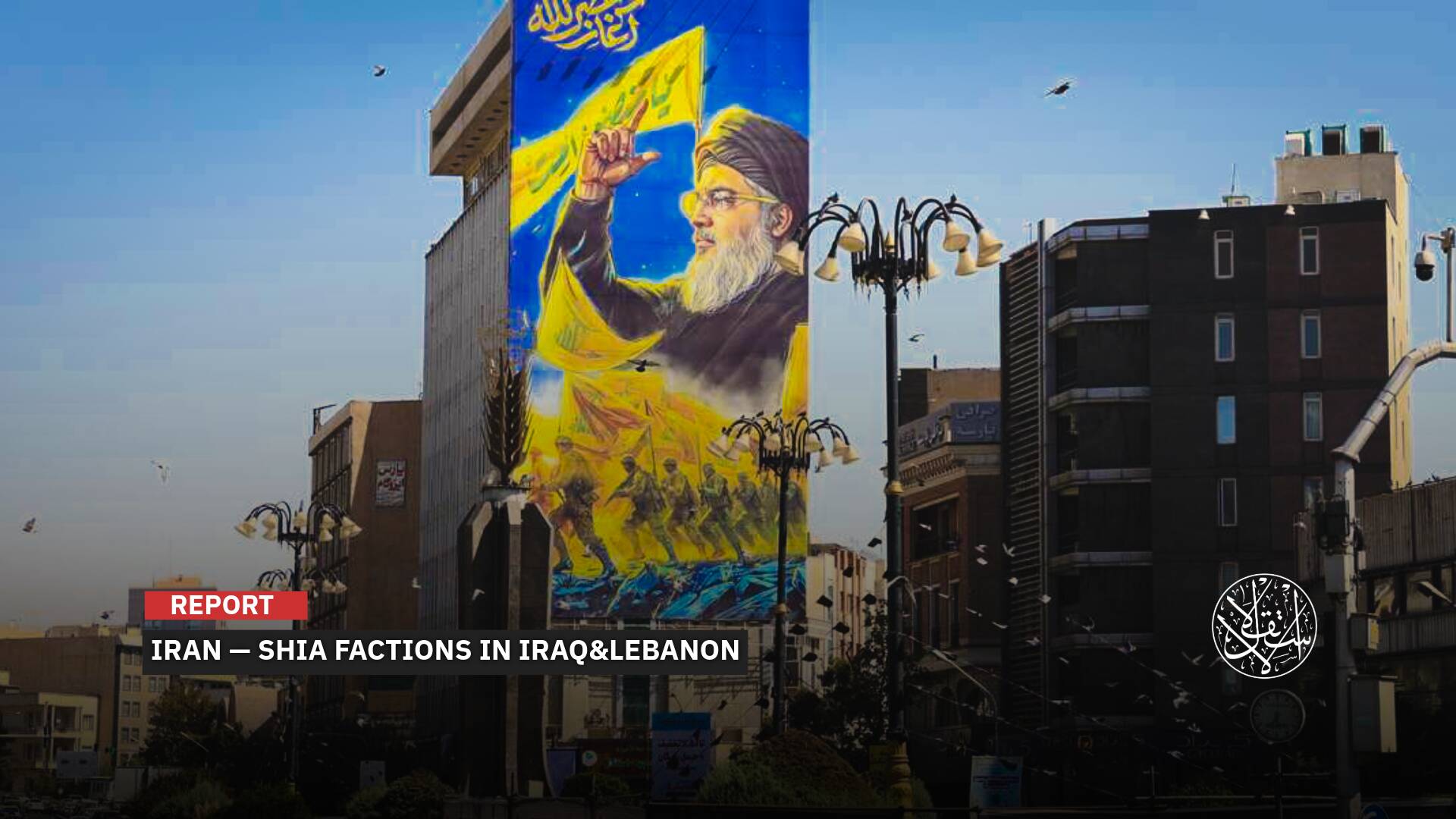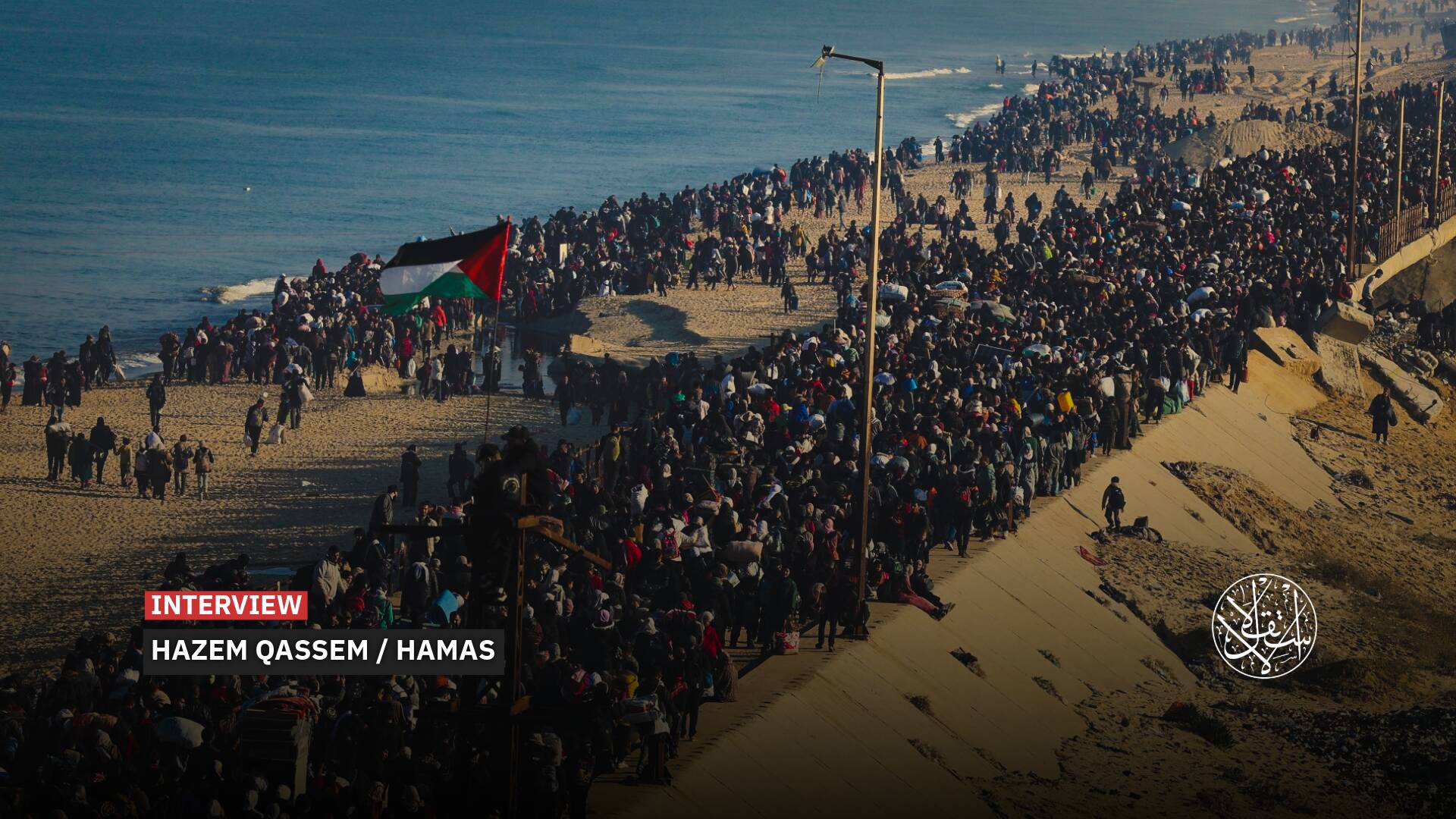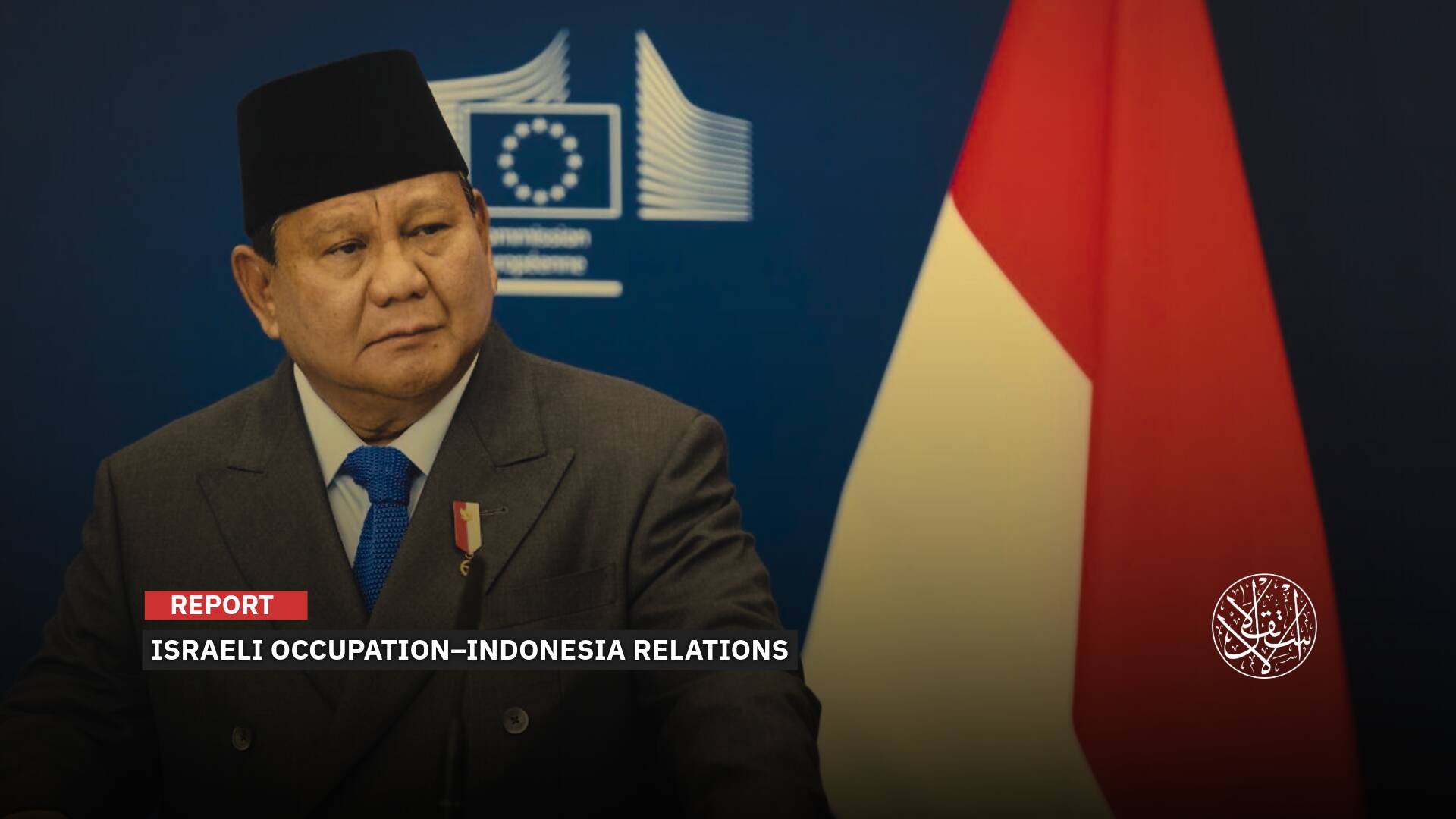HUDA PAR: A Kurdish Islamic Party Supporting Erdogan and Resisting Secularism and ‘Terrorism’

The presidential and legislative elections held in Turkiye on May 14, 2023, marked a significant turning point in the country’s political landscape. These elections witnessed a dynamic and vibrant democratic process, with the rise of new parties remarkably entering the Turkish Parliament, also known as the Grand National Assembly of Turkiye.
One of the notable parties in these elections was HUDA PAR, also known as the Free Cause Party, which managed to secure four seats in the Parliament by running on the lists of the Justice and Development Party (AKP) as part of the People’s Alliance (Cumhur Ittifaki).
The latter consists of the ruling Justice and Development Party and the Nationalist Movement Party, along with other party groups.
The rise of the HUDA PAR was interesting and controversial, particularly because it sparked anger among some Turkish nationalists who accused the party, which is predominantly Kurdish, of being an extension of the Turkish Hezbollah, a group accused of violence in the 1990s.
So, what is the HUDA PAR? What is its social and ideological background? And how did it manage to make its way into the fiercely competitive Turkish political arena, filled with polarization and conflicts?
Founding Phase
The HUDA PAR was officially founded on December 19, 2012, with its headquarters located in the capital city of Ankara. However, its beginnings were in the southeastern Turkish province of Diyarbakir.
The party’s emblem features an open book with the sun rising behind it, and its founder is Mehmet Huseyin Yilmaz.
The party’s first leader was Zekeriya Yapicioglu, who has been serving as the party’s president since then.
In 2014, the party participated in the local elections and received 7.8% of the votes in the Batman province and 4.32% in Diyarbakir.
At that time, the party emphasized its identity as an open Islamic party that welcomes all Turkish groups. It declared its commitment to peace as a foundation and adopted political participation as the sole mechanism for change and reform.
The Kurdistan Workers’ Party, known as the PKK and classified as a terrorist organization by Turkiye, perceived the HUDA PAR as a creation of the Turkish state, which it fights against, and aimed to attract Kurdish citizens.
Therefore, in 2015, the PKK carried out the assassination of Aytac Baran, the president of the Yeni Ihya Der relief association affiliated with the HUDA PAR. He was shot dead while leaving his office in the city of Diyarbakir.
The incident coincided with violent clashes between members of the PKK and supporters of HUDA PAR in Kurdish cities, resulting in casualties and injuries on both sides.

The Ideological Background
This conflict takes us to the ideological and ethnic background of the party, as well as the sources from which it emerged, which have contributed to shaping it into its current form.
In 1979, a group of Kurdish youth established the Turkish Hezbollah organization following the Iranian revolution, which had influenced them.
This led to a long-standing conflict and confrontation with the Kurdistan Workers’ Party (PKK), characterized by armed actions and internal clashes within the party itself over the years.
At that time, the Turkish Hezbollah, led by Huseyin Velioglu, described itself as a Kurdish Salafist Islamic movement engaged in the “Islam versus disbelief” conflict.
This referred to the conflict against the PKK in Turkiye’s eastern and southeastern regions.
In 1990, the conflict escalated into bloody confrontations between the two parties after the assassination of a Hezbollah leader by the PKK.
Bloodshed occurred heavily in the streets of Diyarbakir, Batman, and Mardin, and this fighting, which lasted for five years, claimed the lives of more than a thousand people from both sides.
In 1995, the conflict between the two parties came to a halt through the mediation of Sheikh Osman Abdulaziz, the leader of the Islamic Movement in Iraqi Kurdistan, and Adham Barzani, the prominent leader of the Kurdish Revolutionary Hezbollah.
Conflict and Division
After the bloody fighting against the Kurdistan Workers’ Party (PKK), the Turkish Hezbollah entered a deep internal conflict between its two constituent groups, namely the Ilim and Menzil groups.
The Ilim group called for jihad and sought to establish an Islamic Kurdish state through revolution.
On the other hand, the Menzil group advocated for the approach of calling and preaching (an Islamic group that emerged in India in 1926, which distances itself from politics).
This led to the intervention of Turkish security forces, resulting in a conflict against the Ilim group, which ended with the killing of the movement’s leader Huseyin Velioglu in Istanbul in 2000 and the arrest of thousands of his supporters.
This is where the role of the Menzil group came into play. They established the Solidarity Association with the Oppressed in an effort to continue solidarity and organize relationships among the families of 4,000 members of the Turkish Hezbollah – Ilim faction who were either arrested or fled the country following the state’s operations against them after the killing of Velioglu.
Indeed, through its social activities, the association was able to gather dozens of associations and endowments under the name of the “Forum of the Lovers of the Messenger,” bridging the rift caused by years of bitter conflict.
The final step was the establishment of the Free Cause Party (HUDA PAR) as a peaceful political path that could balance matters within the Kurdish component, which is influenced by various parties and groups, including a faction that bears arms and advocates for secession, such as the Kurdistan Workers’ Party.

Party Principles
Ammar Kizilcinar, the director of the Arabic department at Ilkha News Agency and a presenter on the Turkish Rehber TV channel, both affiliated with the HUDA PAR, addressed this issue. He stated: “The step taken by the party to form an alliance with the ruling Justice and Development Party paved the way for its expansion and strong presence. Although it has been on the scene since 2012, entering the Parliament opened a new door for it and introduced it to many supporters.”
He added: “As a party, we adhere to fundamental principles that form the basis of our work in the political and social arena, the first of which is humanity. We consider humans as the center of our work.
“We do not differentiate between individuals based on language, ethnicity, or religion. Turks, Kurds, Arabs, Muslims, and Christians are all equal and have the same rights.”
He continued: “Secondly, we are Muslims, and Islam is the source from which we derive our ideas as a political party. All our decisions and policies are within the context of our religion.”
He further explained: “If we find anything that contradicts Islam, we distance ourselves from it. We also focus on establishing justice within the state, which is the third principle.”
He emphasized that “the state must be just towards its citizens, and if this principle is compromised, it will collapse. We emphasize that HUDA PAR prioritizes these three principles.”
The Turkish media personality also mentioned that “when the party originated from the eastern regions, the environment was extremely challenging because there was a faction in the east [the Kurdistan Workers’ Party] that sought to assert its rights through armed force and violence. This principle is rejected by us in form and content because it gives imperialist powers the opportunity to interfere in the affairs of our Islamic world and sow corruption.”

Blood on the Road
Following the aforementioned, Kizilcinar stated: “Therefore, when the party was inaugurated in such an atmosphere and opposed the use of arms, and when it sought to establish the principles we talked about, it faced a difficult path and fierce resistance from other parties.”
“In the first three years alone, 12 party founders were martyred in those regions by terrorist elements. Even recently, party headquarters have sometimes come under attack. This occurred in Mersin just before the recent elections of 2023, resulting in the injury of three HUDA PAR members.”
Kizilcinar spoke about the media and political attacks faced by the Justice and Development Party due to its alliance with the HUDA PAR, saying: “Secularists and those with anti-Islamic agendas hate us and launch a fierce attack against us because they know that our ideas are spreading and gaining popularity.”
Continuing his speech, he said: “If it weren’t for this attention they give us, the party, many years ago, was unknown to Turks, but today it has tens of thousands of members.
“The party now has offices in more than 55 provinces, apart from its four members in Parliament, and media channels and magazines. This worries them and prompts them to oppose the party before it expands further. For those who are unaware, most of the Turkish opposition on the scene now has a history of hostility towards religion and Islamic ideas. They have always fought against the headscarf, mosques, and religious symbols,” he added.
Therefore, they cannot accept parties like HUDA PAR or the Yeniden Refah Partisi (New Welfare Party) led by Fatih Erbakan, the son of the late Islamic leader Necmettin Erbakan, according to the Turkish journalist.
He concluded by saying that “the party’s road is still long towards achieving the desired reform, and its external vision aligns more with closer relations with the Islamic world and the interests of the Turkish state.”
He emphasized that “the state must establish relationships that ensure its interests, and if harm befalls an Islamic state or Muslims anywhere, Turkiye must stand in defense of them and lift the injustice they face.”
Sources
- The Free Cause Party [Arabic]
- How has policy towards the Kurds changed under the rule of the Justice and Development Party in Turkiye? [Arabic]
- Head of the Turkish Huda Par: The opposition is attacking us fiercely after our alliance with President Erdogan [Arabic]
- What does Huda Par stand for? When was Huda Par founded? Who is its general chairman? [Turkish]
- What does 'Hezbollah forming a party' mean? [Turkish]


